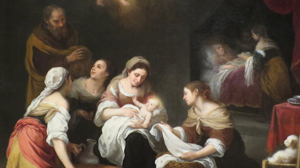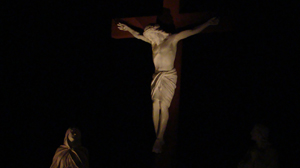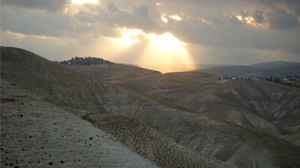Solemnity of Saints Peter and Paul
Scripture:
Acts of the Apostles 12: 1-11
2 Timothy 4:6-8, 17-18
Matthew 16:13-19
Reflection:
Today we celebrate two great men of the Church, Saints Peter and Paul. Two ordinary men, one a fisherman and the other a Pharisee and a tentmaker. Two ordinary men who recognized that God had called them to be something greater than they thought themselves to be. Two ordinary men who had courage to speak the truth that was spoken to them through Christ. They endured suffering through many hardships and trials for their words and actions and yet they kept on believing in the truth that dwelt in their hearts.
“Suddenly the angel of the Lord stood by him . . .” Acts 12:7
Both Peter and Paul suffered greatly as they went about fulfilling their call to proclaim the Kingdom of God. In his letters, Paul, writes about numerous beatings, stonings, chained in prison and surviving three shipwrecks. Peter too was beaten and imprisoned as he went about his ministry. Suffering is not just a Christian condition, it is a human condition and while we suffer we don’t always recognize God’s presence with us. Peter did not realize the presence of the “angel of the Lord” until after the angel left. All the while, as the “angel of the Lord” led and guided Peter out of prison, he did not understand what was happening but faithfully followed the directions as the angel asked of him. Peter was open to the presence of God while he was suffering. When we suffer it is not always easy to look beyond to see a compassionate God standing with us in our suffering.
“The Lord stood by me and gave me strength . . .” 2Tim 4:17
In my younger years, when I was in pain, I would hold out as long as I could and try to work through it. Before I would ask for help. I would tell myself, “offer it up”. That’s okay for awhile, as long as there is nothing serious going on. Now that I have gained wisdom through experience, I’ve come to realize that God does stand by me and gives me strength through prayer and through others. There are family and friends willing to help and professionals in the healing arts that God sends into our lives to help us. So, in humility I stretch out my hand and ask for help.
When I suffer can I look beyond my pain to know the presence of a compassionate God?
Linda Schork is a theology teacher at Saint Xavier High School in Louisville, Kentucky.






